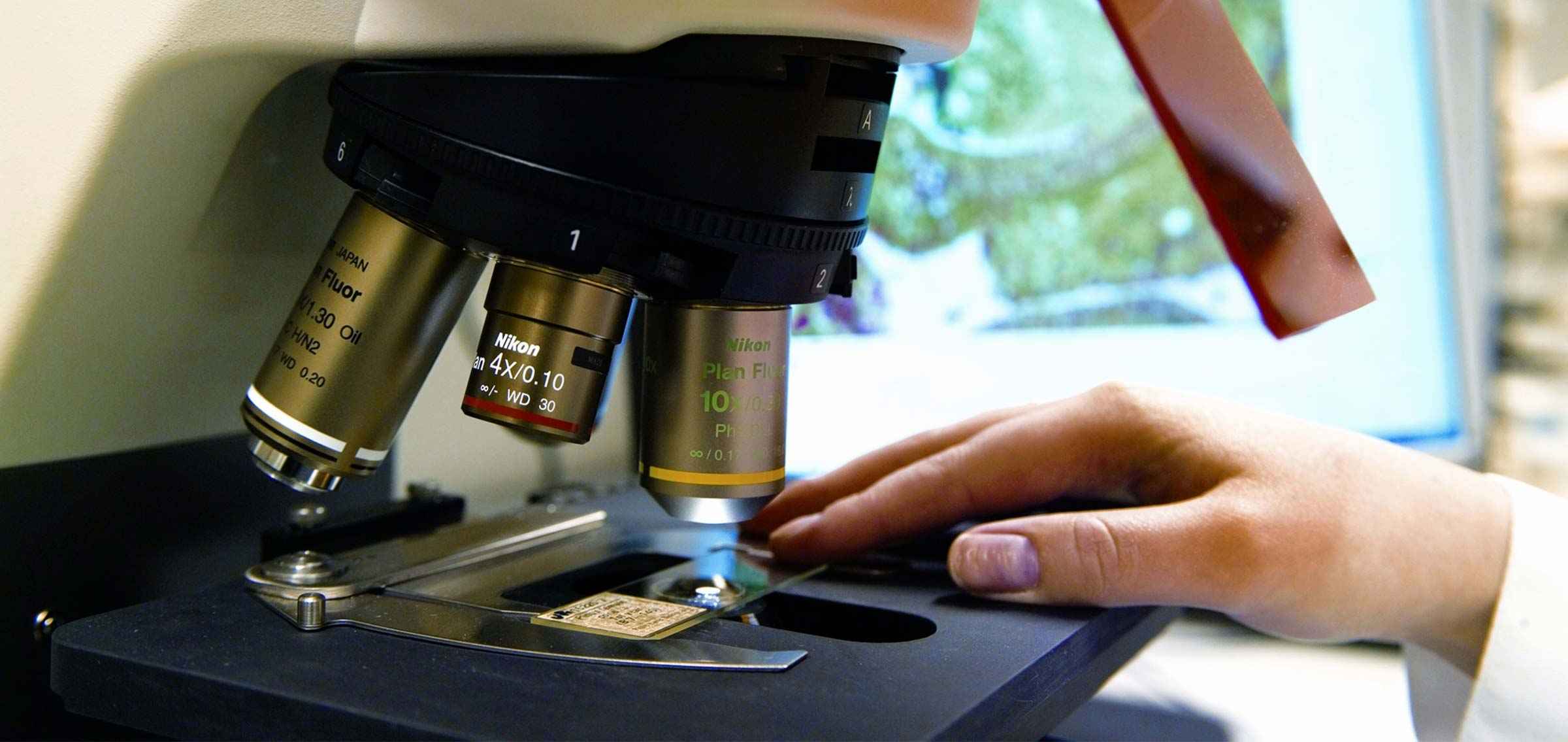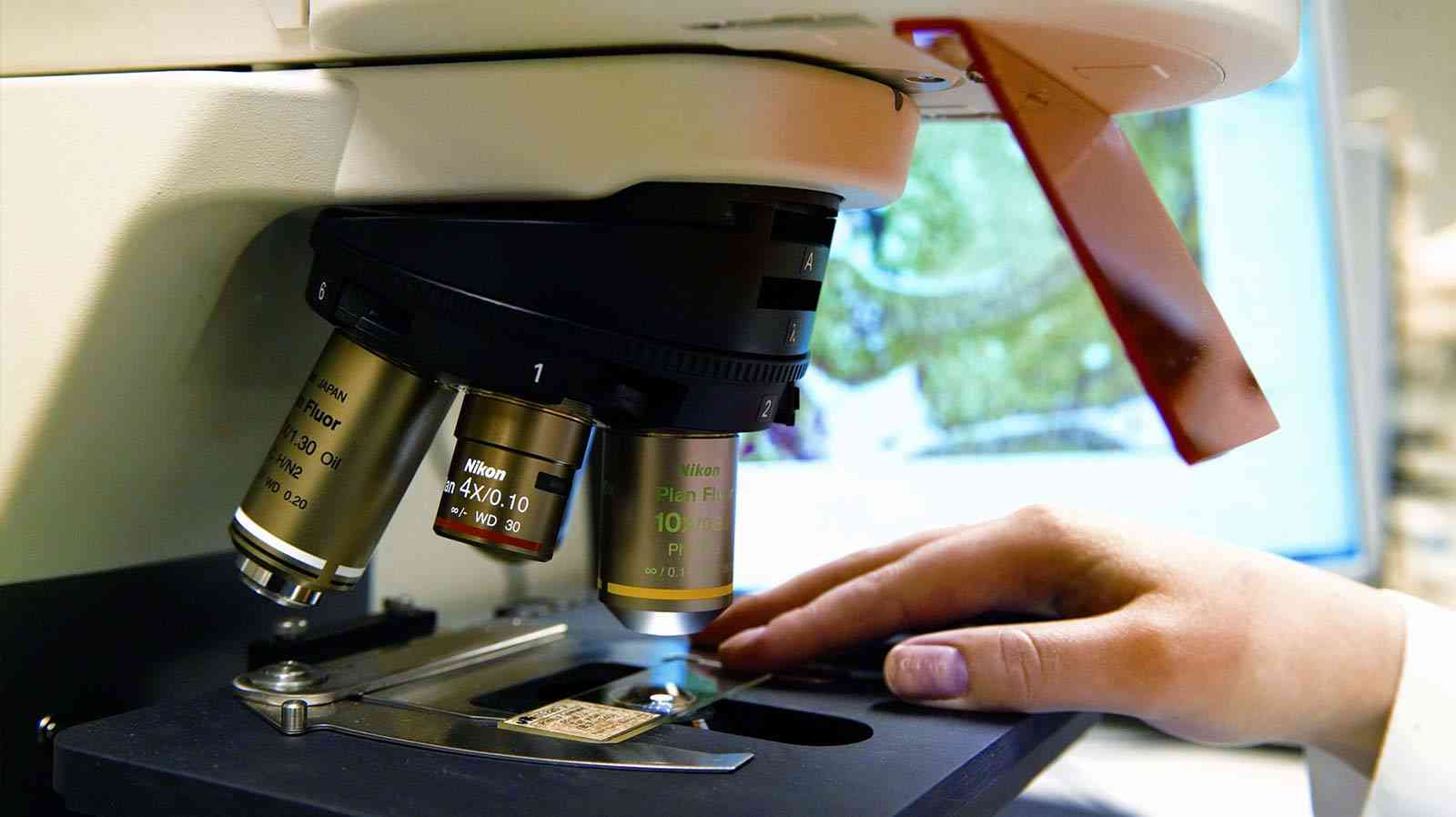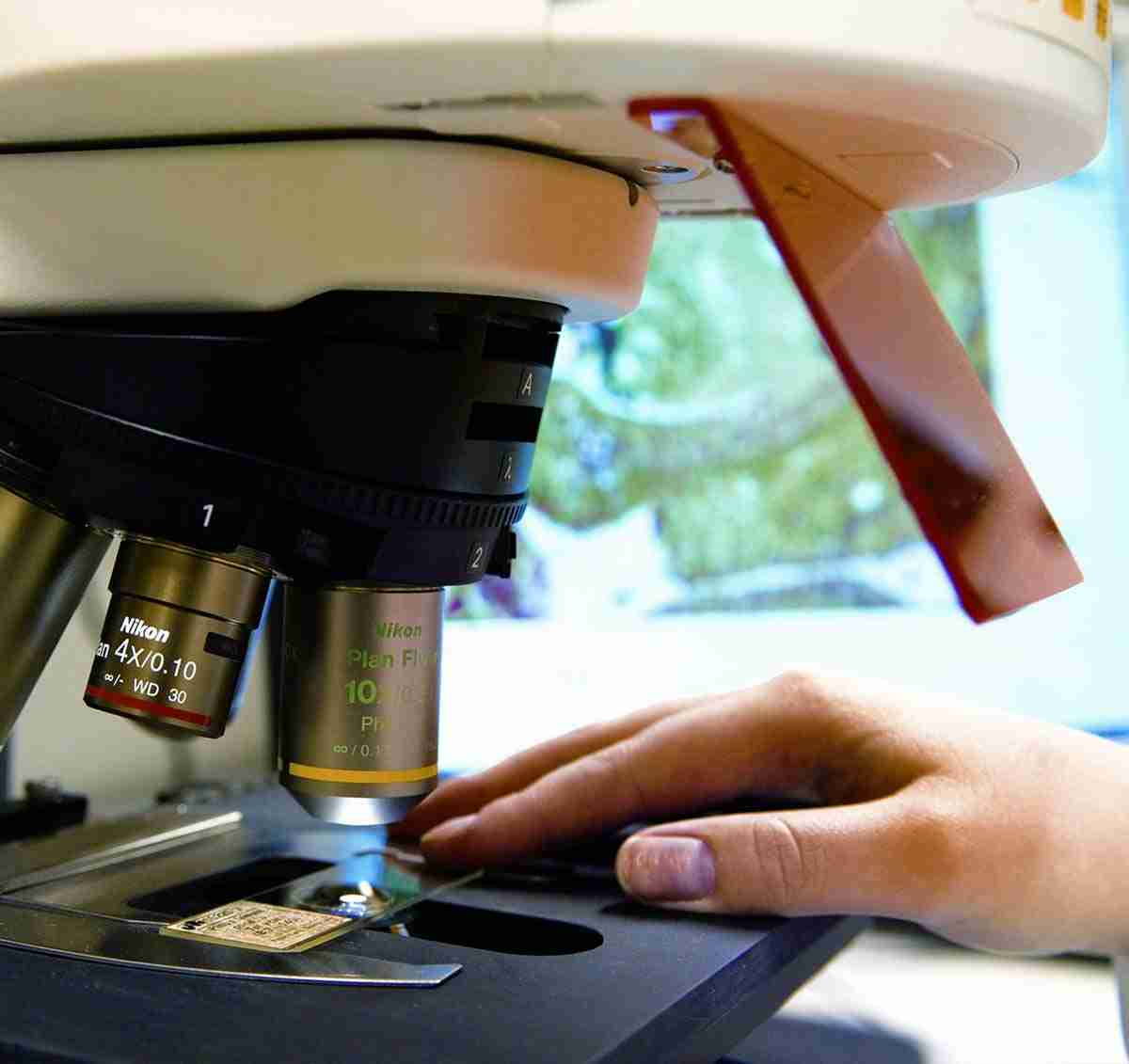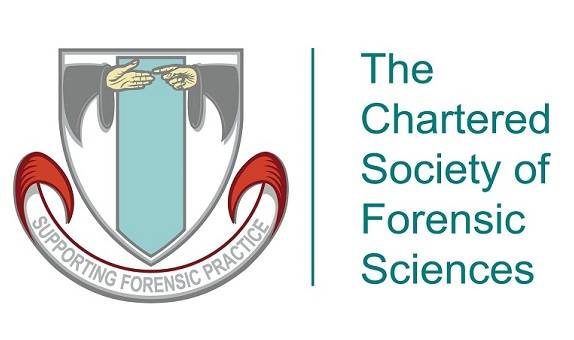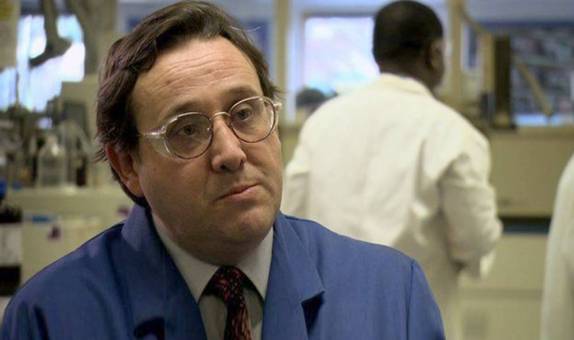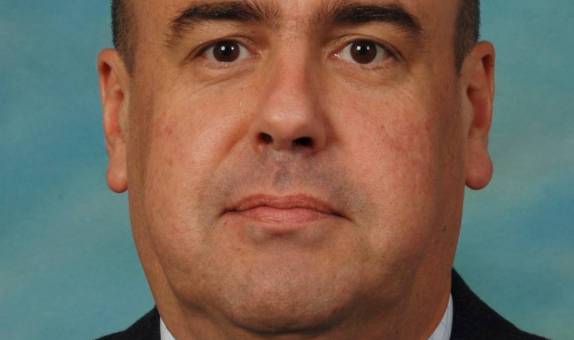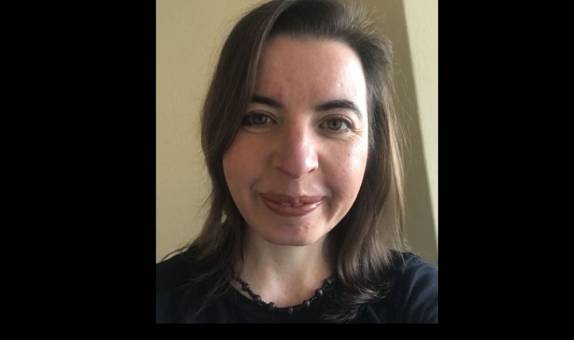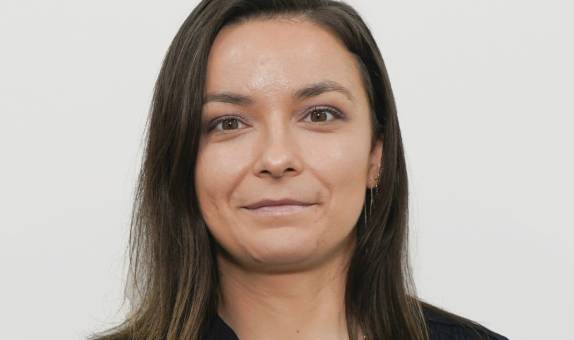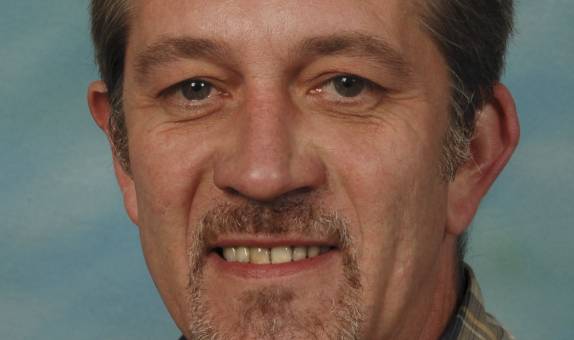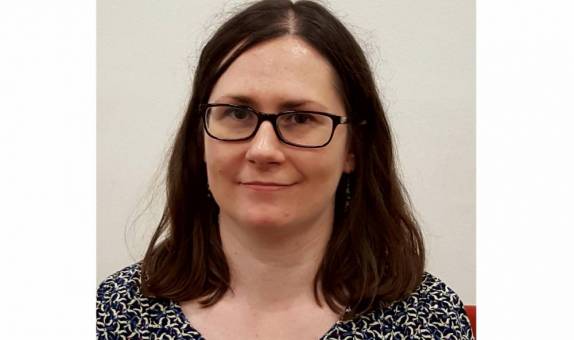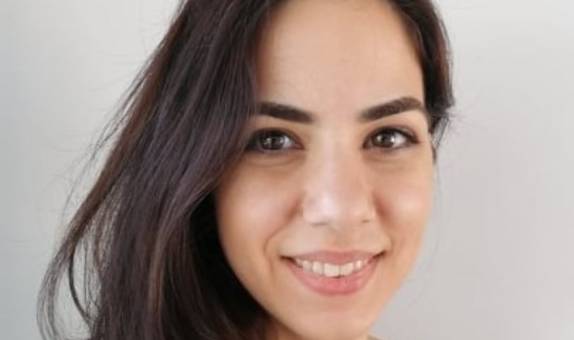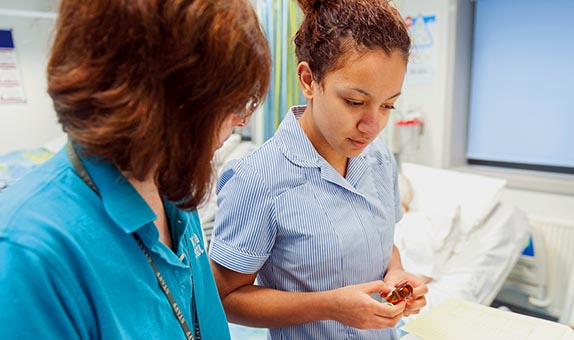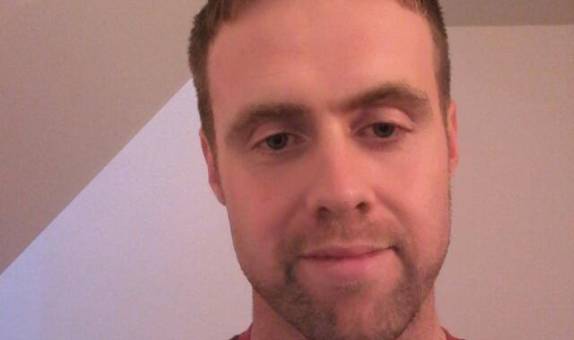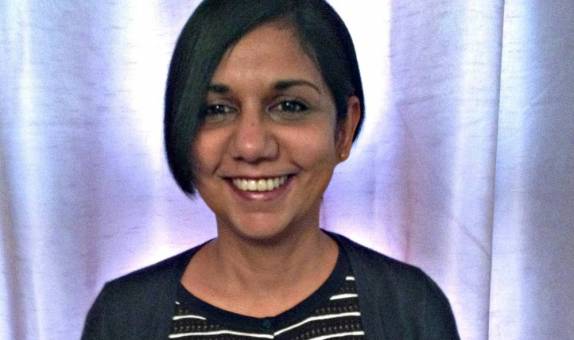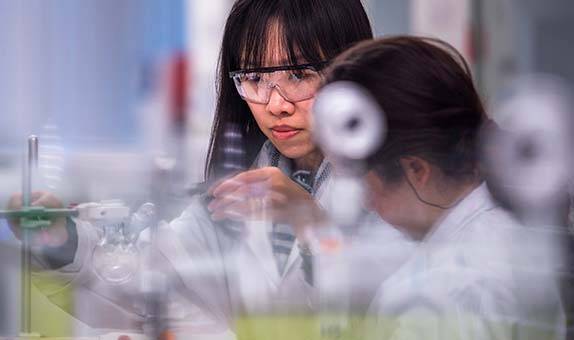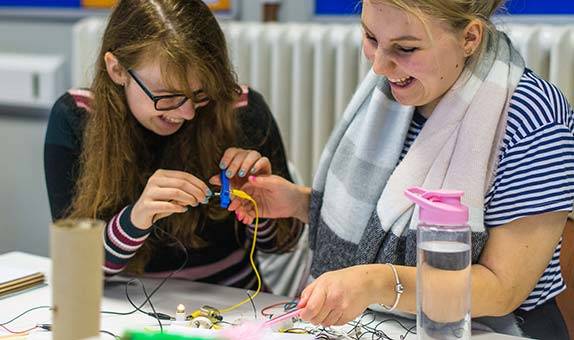Forensic Science MSc
Why choose this course?
Forensic Science (Analysis) examines the latest analytical, spectroscopic and separation techniques used in case studies, such as Liquid Chromatography-Tandem Mass Spectrometry (LCMS/ MS) and Inductively-Coupled Plasma Mass Spectrometry (ICPMS). You will learn to investigate and analyse drugs of abuse, fibres and firearms and conduct fire and explosive investigations.
Forensic Science (Toxicology) offers in-depth training in pharmacology and analytical chemistry. You will study the biological effects and therapeutic uses of drugs, focusing on criminal and road traffic toxicology, and on drug testing in sport. Many of our staff have worked as forensic scientists or as expert witnesses and are actively engaged in research
Kingston University has its own scene-of-crime house located on site. This is used to recreate crime scenes and enables you to put your investigative skills into practice. The property's garden is used by the forensic team's archaeologist for field investigations.
Lecturers on the course have wide experience in the forensics sector. Many have worked either as forensic scientists or as expert witnesses. They are also actively engaged in forensic research and are supported by visiting speakers from leading forensic consultancies.
| Mode | Duration | Start date |
|---|---|---|
| Full time | 1 year | September 2025 |
| Full time | 2 years including professional placement | September 2025 |
| Main Location | Penrhyn Road |
Reasons to choose Kingston University
- These courses offer hands-on experience with state-of-the-art analytical and forensic equipment.
- You will gain practical experience through recreated crime scenes at the University's own scene-of-crime house, and through presenting evidence at a mock trial at a crown court.
- The opportunity to carry out a research project in industry (depending on availability) or in our extensive laboratories.
Accreditation
The Chartered Society of Forensic Sciences provides an accreditation system for both undergraduate and postgraduate courses in forensic science and related topics. Accreditation is given provided the course content meets with the Society's component standards which provide a quality endorsement of the course.
This course is currently accredited and will be undergoing routine renewal in the 2024/25 academic year.
The scene of crime house
The scene of crime house is a real semi-detached house located on-site. Its five rooms contain various types of mock crime scenes, including burglary, arson, assault and sexual crime.
Students have to pick up evidence carefully and transport it back to the labs for preservation and analysis. Even the garden contains evidence and is used by the forensic team's archaeologist for teaching.
The house is also extensively used to teach Bloodstain Pattern Analysis (BPA).
The library offers:
- subject libraries, plus a free inter-library loan scheme to other libraries in the Greater London area;
- online database subscriptions; and
- a growing selection of resource materials.
What you will study
You will explore recent trends in forensic science and learn about the latest analytical devices used, such as atomic and molecular spectroscopic and separation techniques and DNA profiling.
You will look at the role of the forensic scientist and learn how to, for example, investigate and analyse drugs of abuse, fibres and firearms and conduct fire investigation. There is also the opportunity to present expert evidence at a mock courtroom trial in a magistrates' court, examined by Kingston's own trainee lawyers and/or their law lecturers.
In addition, you will have the opportunity to carry out your research project in industry (depending on your results and project availability) or in Kingston University's extensive forensic and analytical laboratories.
To go on placement, a student is required to pass every module first time with no reassessments. It is the responsibility of individual students to find a suitable paid placement. Students will be supported by our dedicated placement team in securing this opportunity.
Modules
Forensic Science (Analysis) pathway
Forensic Science (Toxicology) pathway
Core modules
The Role of the Professional Forensic Scientist
30 credits
This module introduces you to the duties of the forensic scientist, the scene of crime officer and other specialists at a crime scene. It covers the principles of:
- evidence collection
- packaging/labelling
- preservation
- continuity of evidence
- quality assurance at a crime scene.
A mock trial will also help you develop the practical skills of expert witness testimony and report writing.
Separation Science
30 credits
This module introduces students to the principles and theory of separation science and its application in the laboratory including solvent extraction, high performance liquid chromatography, gas/liquid chromatography, centrifugation, gel and capillary electrophoresis and hyphenated techniques.
Molecular and Atomic Spectroscopy
30 credits
This module introduces the main spectroscopic techniques used in industry such as UV/Vis, FTIR, Mass Spectrometry, NMR, AES, AAS and X -Ray methods. The module later progresses to the more advanced designs and applications such as MS/MS, FTMS, TOF, sector and quadrupole mass analysers, 2D NMR, LCMS, MALDI, Atomic Fluorescence and ICPMS/AES.
Project
60 credits
This module involves a research- or industry-based in-depth research project. You will develop your ability to critically evaluate your own work as well as the work of others, using analytical and laboratory skills.
On successful completion of the module, you will be able to:
- Prepare a realistic and coherent project proposal, formulate aims and objectives and plan your own time to achieve stated objectives.
- Critically evaluate the current literature.
- Carry out appropriate experiments in a safe manner (applying COSHH) and generate reliable, data suitably analysed, and apply appropriate statistical tests.
- Communicate the results of the project in a coherent report and in oral and visual manner.
Optional modules
Professional Placement
120 credits
The Professional Placement module is a core module if you're following a masters programme that incorporates an extended professional placement. It provides you with the opportunity to apply your knowledge and skills in an appropriate working environment, and develops and enhances key employability and subject specific skills in your chosen discipline. You may wish to use the placement experience as a platform for a major project or your future career.
It is your responsibility to find and secure a suitable placement opportunity; this should not normally involve more than two placements which must be completed over a minimum period of 10 months and within a maximum of 12 months. The placement must be approved by your Course Leader prior to commencement to ensure its suitability. You will have access to the standard placement preparation activities offered by the Student Engagement and Enhancement (SEE) group.
Read more about the postgraduate work placement scheme.
Core modules
Forensic Chemistry and Trace Analysis
30 credits
This module introduces students to the analytical and forensic techniques encountered in trace and contact evidence analysis. The module focuses on four areas of forensic casework; drugs of abuse, fibre analysis, fire investigation and ballistics.
Core modules
Current Concepts in Forensic Toxicology
30 credits
This module provides the student with an in-depth training into pharmacology, analytical chemistry, case law, expert witness and statement writing. These skills form the fundamental duties of a forensic toxicologist. The two major branches of forensic toxicology in the UK are criminal and road traffic toxicology. Both require the practitioners to possess a knowledge of the analytical techniques used to analyse drugs and the pharmacology of these drugs. This module will provide students with a clear understanding of the biological effects and therapeutic uses of drugs, before focusing exclusively on both criminal and road traffic toxicology. There will also be a focus on drug testing in sport and its confirmation.
Work placement scheme
Many postgraduate courses at Kingston University enable students to take the option of a 12-month work placement as part of their course. Although the University supports students in finding a placement and organises events to meet potential employers, the responsibility for finding the work placement is with the student; we cannot guarantee the placement, just the opportunity to undertake it. You may find securing a professional placement difficult as they are highly competitive and challenging, but they are also incredibly rewarding. It is very important to prepare and apply yourself if this is the route you wish to take. Employers look for great written and oral communication skills and an excellent CV/portfolio. As the work placement is an assessed part of the course, it is covered by a student's Student Route visa.
Find out more about the postgraduate work placement scheme.
Entry requirements
Teaching and assessment
Who teaches this course?
School of Life Sciences, Pharmacy and Chemistry
This course is delivered by the School of Life Sciences, Pharmacy and Chemistry. The School is well known for the high quality of its undergraduate and postgraduate courses. These include full- and part-time foundation programmes.
Excellent facilities support our teaching - students benefit from new, purpose-built laboratories, equipped with state-of-the-art instruments. Strong links with industry and other key sectors ensure our students are well prepared for today's employment market. These include connections with hospitals and community pharmacies, accreditation from industry bodies, and involvement with active research groups.
Postgraduate students may run or assist in lab sessions and may also contribute to the teaching of seminars under the supervision of the module leader.
Facilities
There is a wide range of facilities for practical work at our Penrhyn Road campus, where this course is based.
You will have access to a modern environment with the latest equipment, including our 'scene of crime house' where we recreate crime scenes. This allows you to put your forensic skills to the test, from dusting for fingerprints to searching for and analysing samples (read more below).
You will also benefit from:
- the £9.8 million Eadweard Muybridge building with state-of the art laboratories
- new work areas and dedicated laboratories for research
- specialist equipment, such as:
- chromatography instruments
- a breathalyser
- electrophoresis equipment
- electron microscopes
- electrochemical analysis
- nuclear science equipment
- thermal analysis
- x-ray diffractometers
- a range of spectrometers, including mass spectrometers, infrared spectrometers and nuclear magnetic resonance spectrometers
- computing laboratories and a team of IT technicians to offer assistance.
The library offers:
- subject libraries, plus a free inter-library loan scheme to other libraries in the Greater London area
- online database subscriptions
- a growing selection of resource materials.
The 'scene of crime house'
The 'scene of crime house' is a real semi-detached house located on site. Its five rooms contain various types of mock crime scenes, including burglary, arson, assault and sexual crime.
Students have to pick up evidence carefully and transport it back to the labs for preservation and analysis. Even the garden contains evidence and is used by the forensic team's archaeologist for teaching.
Fees for this course
Additional costs
Depending on the programme of study, there may be extra costs that are not covered by tuition fees which students will need to consider when planning their studies. Tuition fees cover the cost of your teaching, assessment and operating University facilities such as the library, access to shared IT equipment and other support services. Accommodation and living costs are not included in our fees. Where a course has additional expenses, we make every effort to highlight them. These may include optional field trips, materials (e.g. art, design, engineering), security checks such as DBS, uniforms, specialist clothing or professional memberships.
Where this course will take you
In the UK, forensic analysts are now mainly employed in independent laboratories. They perform a variety of roles including laboratory technical support, laboratory management, forensic investigations (sampling, chemical analysis and data interpretation) and are expected to present evidence through formal reports or directly in court. Whilst a qualification in Forensic Analysis can allow access to employment opportunities in forensic laboratories, the training required for a forensic analyst is valuable in a wide range of related employment sectors. The MSc Forensic Analysis helps to prepare you for roles such as:
- scene of crimes officer
- forensic scientist
- pharmaceutical scientist
- quality assurance officer
- medicinal and scientific researcher
What this course offers you
- The Chartered Society of Forensic Sciences provides an accreditation system for both undergraduate and postgraduate courses in forensic science and related topics. Accreditation is given provided the course content meets with the Society's component standards which provide a quality endorsement of the course.
- You will use state-of-the-art analytical and forensic equipment.
- Facilities include a scene-of-crimes house for crime scene investigations.
- You will have the chance to give expert witness testimony in a mock courtroom trial.
- You will work on a specialist research project.
- The course is taught by active researchers in Forensic Analysis.
- There is the option to study for a 12-month professional placement.
Links with business and industry
How we work with industry partners
Our links with practitioners and industry provide a practical base for our courses. They also help us to ensure your studies are kept up-to-date and relevant to the working environment.
If you choose to study this course, you will benefit from:
Real-world project work
You can take your MSc project:
- in industry – potential placements include forensic labs, analytical companies, contract pharmaceutical companies or hospital labs, for example; or
- as collaborative research with other laboratories – such as the Laboratory of the Government Chemist or the Horseracing Forensic Laboratory at Newmarket.
Visiting speakers
Recent guest speakers include:
- large pharmaceutical companies discussing contemporary research methods and practice;
- experts at the Laboratory of the Government Chemist (LGC) discussing Valid Analytical Measurement (VAM) and drugs of abuse; and
- a forensic consultant discussing blood alcohol analysis in relation to drink-drive cases.
Industry visits
Recent trips include:
- a tour of the forensic labs at the Laboratory of the Government Chemist (LGC);
- a visit to Kingston Crown Court to see a trial; and
- a visit to a forensic pathology lab to witness an autopsy.
After you graduate
Recent graduates have taken on roles such as scene of crimes officer, quality assurance officer, forensic toxicologist/analyst/scientist and pharmaceutical scientist.
Current research in this subject
Many of our staff are research active. This ensures they are in touch with the latest thinking and bring best practice to your studies.
Areas of interest to this course include:
- Analysis of trace materials from vehicles involved in road traffic accidents (Dr. B. Ghatora, Dr. J. Barker, Dr. S. Barton)
- Fire investigation, (Dr C. Hall)
- Drugs of abuse analysis (recreational and in sport), (Prof. D. Naughton, Prof. A. Petroczi, Dr. J. Barker, Dr. B. Rooney, Dr. S. Barton)
- Lipstick contact analysis and Blood Pattern Recognition, (Dr. B. Ghatora, Dr. J. Fletcher)
- Forensic Archaeology and Anthropology (Dr. L. Renshaw)
- Near Infra-Red Analysis of (Dr. M. Kudo).
Research in the Faculty comprises three recognised University Centres of Research Excellence, led by internationally-renowned experts in their fields, plus research groups and interdisciplinary projects in specific strategic areas.
Our nationally- and internationally-recognised research activity is supported by strong links with industry and funding from a range of sources including the European Commission, UK research councils, charities and multinational corporations.
Digital Information Research Centre (DIRC)
The Digital Information Research Centre is dedicated to the advancement of the theory and applicability of computer science to enable internationally-leading work in the field of informatics, addressing the needs of society in the thematic areas of health, communications, security and data. The centre provides an inclusive and outward looking environment for research development, fostering interdisciplinary and multidisciplinary research to achieve maximum impact in real-world applications.
Interdisciplinary Hub for the Study of Health and Age-related conditions (IhSHA)
The Hub brings together established researchers, early career researchers, post-doctoral fellows and research students from specific research areas in life and health sciences. The research is organised around six themes: Diabetes and Cardiovascular Pathologies; Cancer Research; Vision, Cognition and Neuroscience; Drug Discovery, Delivery and Patient Care; Infection and Immunity; Sport, Exercise, Nutrition and Public Health.
Centre for Engineering, Environment and Society Research (CEESR)
This Research Centre brings together researchers at all levels who work in engineering and environmental sciences and related disciplines to which engineering solutions are increasingly critical in modern society (e.g. medical sciences). The research areas within CEESR comprise seven 'Themes' that reflect existing research strengths and collaborations. These are: Civil Engineering; Earth, Environmental and Social Sciences; Fire, Explosion and Fluid Dynamics.
Course changes and regulations
The information on this page reflects the currently intended course structure and module details. To improve your student experience and the quality of your degree, we may review and change the material information of this course. Course changes explained.
Programme Specifications for the course are published ahead of each academic year.
Regulations governing this course can be found on our website.
